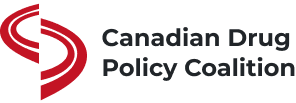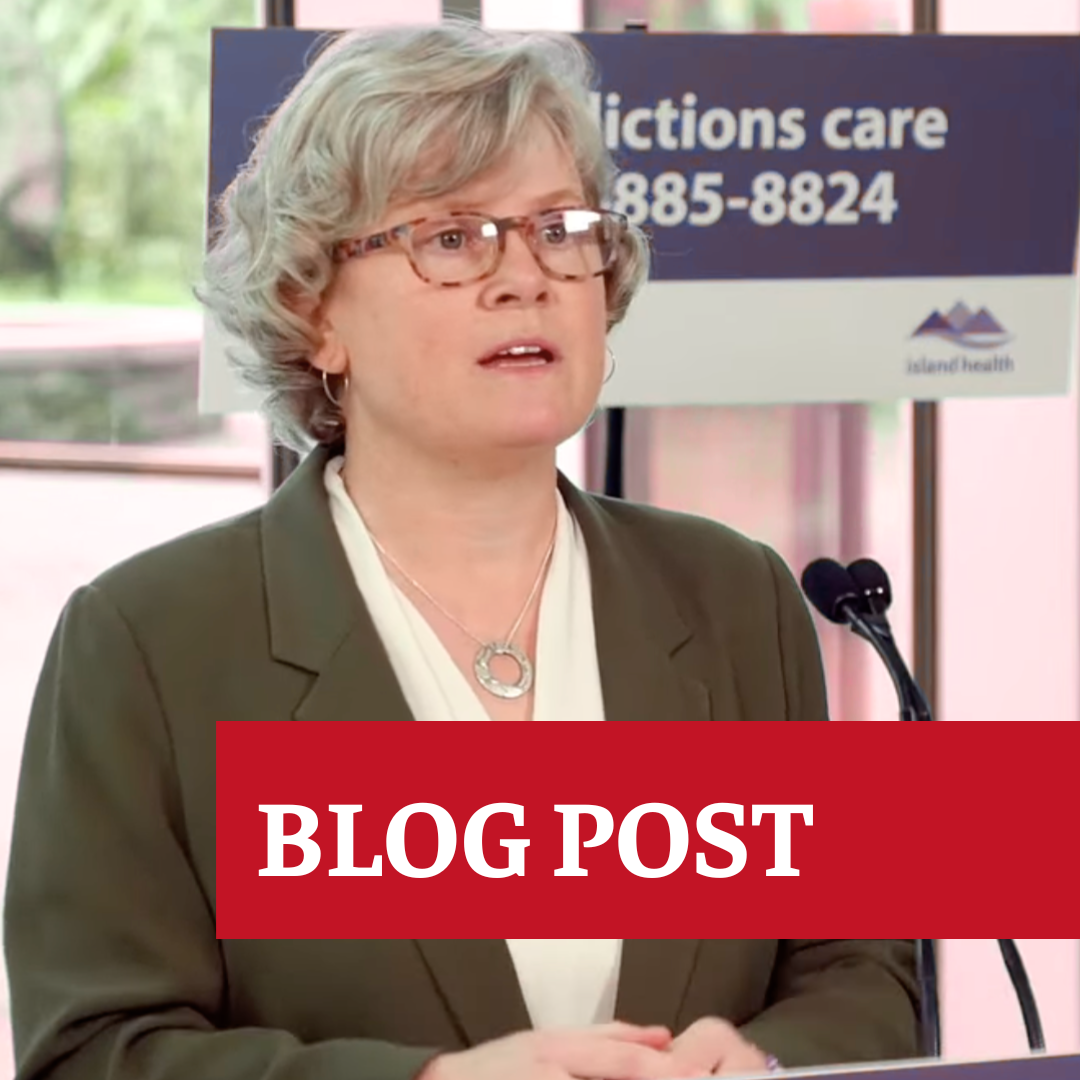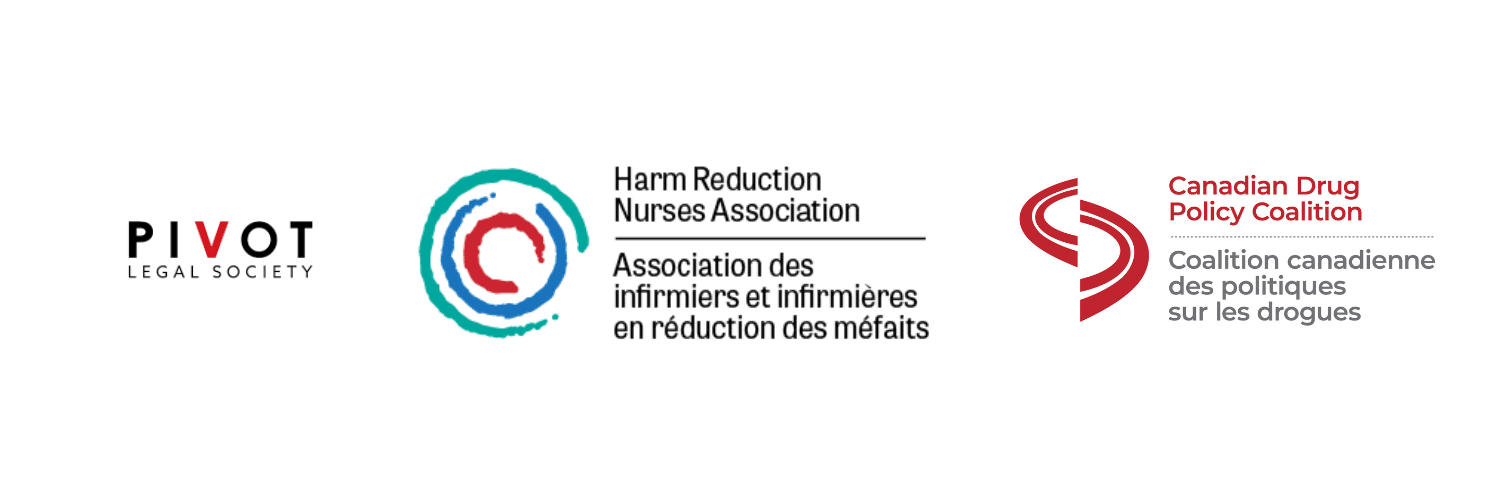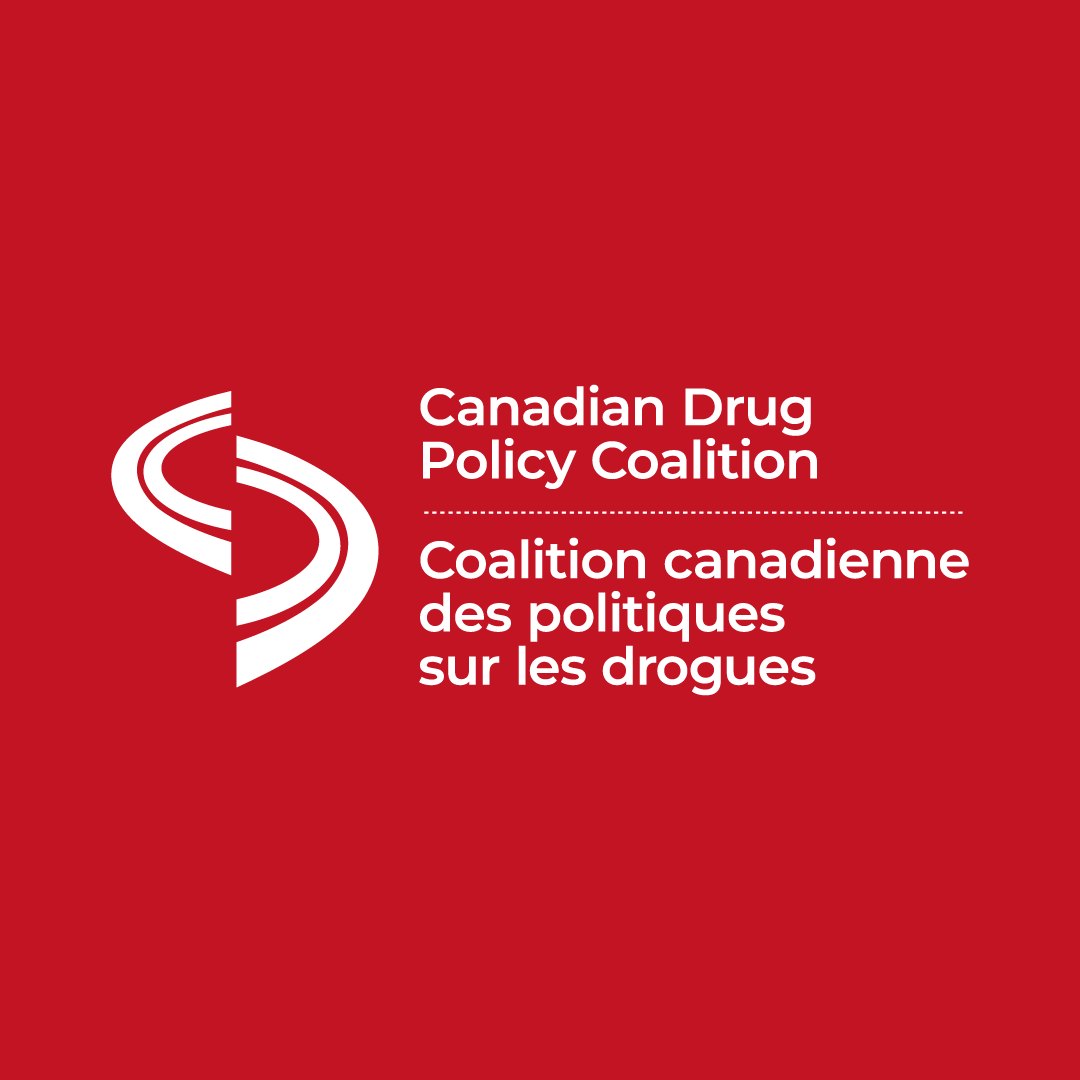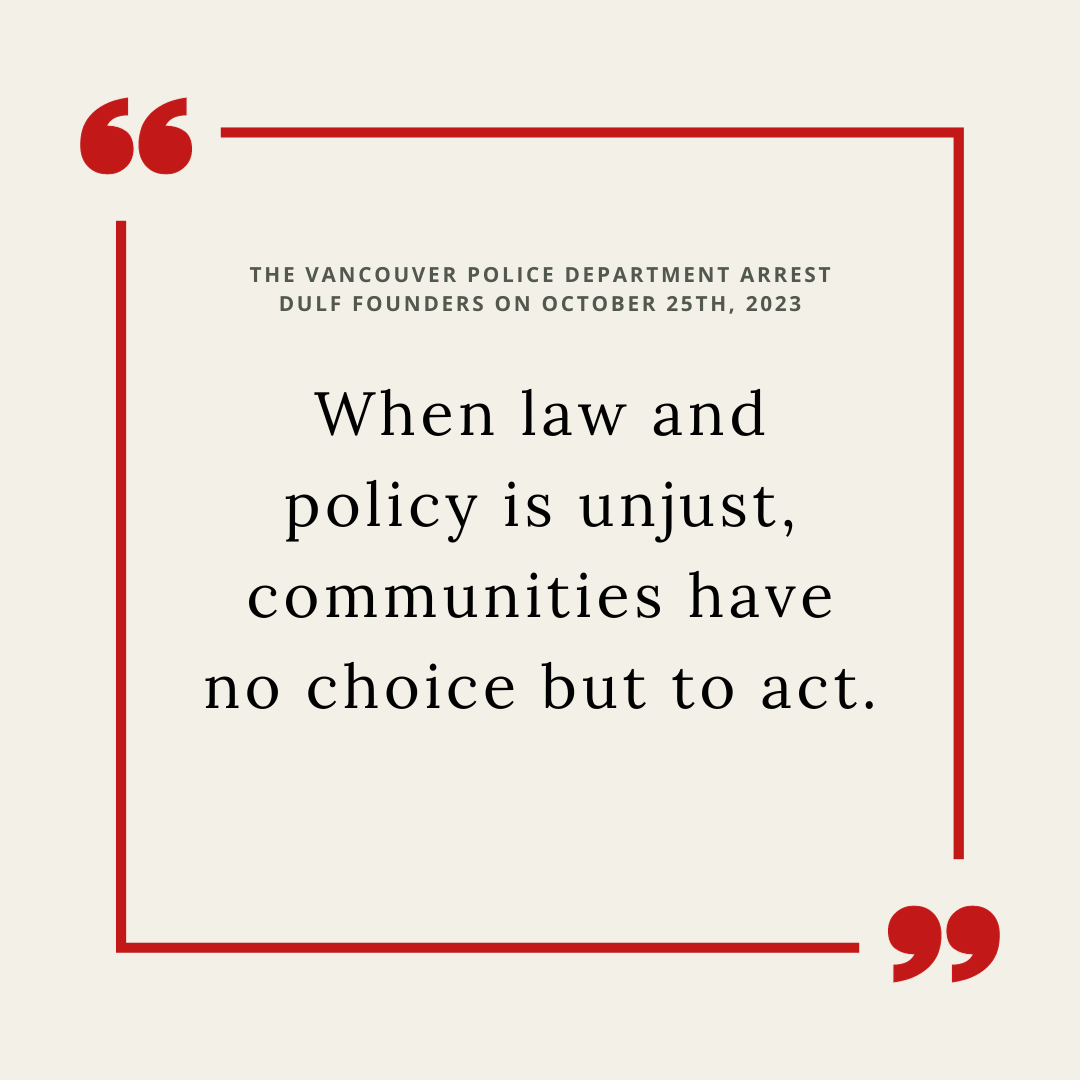On January 14, 2026, the province of B.C. announced it would end its limited decriminalization policy and reinstate criminal penalties for personal drug possession.1 The province’s decision not to renew its decriminalization policy appears to have been informed – not by the province’s own data indicators, not by public health and safety experts, not by people most affected, not by health professionals – but by backroom political strategists, whose chief concern is their own hold on power.
This return to criminalizing and punishing people for their substance use is a step backward. More than that: by so thoroughly and disingenuously fumbling the potential of this initiative, the province of B.C. has done a deep and lasting disservice to people harmed by the unregulated toxic drug crisis worldwide.
WHAT HAPPENED?
Yesterday, B.C. Minister of Health Josie Osborne announced that the province would not seek to extend its decriminalization policy when it expires on January 30, 2026.
The policy, introduced as a three-year pilot project in 2023, had removed criminal penalties for the personal possession of small amounts of some currently-illegal substances. The stated goal of the decriminalization pilot was to “reduce stigma and fear of criminal prosecution that prevents people from reaching out for help, including medical assistance.”2
This announcement comes despite the province’s own data demonstrating the policy’s early successes.
POLITICS AS POLICY
There are limits to the influence that evidence has on government policy choices. This is why we must situate evidence within the social, economic, cultural and political context in which policy is made and implemented. So before we look at the available data around decriminalization and assess the province’s stated reasons for axing it, let’s examine the context for this policy decision.
People in B.C. are experiencing a housing crisis and cost-of-living crisis that have combined to force record numbers of people to live in public spaces, in tents and in shelters. The unregulated drug supply is unpredictable and frequently contains additives with complex effects on the human body. This is hell for those experiencing it, and can be uncomfortable, upsetting and disruptive for those who witness it. It would be difficult not to witness it: with significant increases in the number of people homeless across B.C. and lack of accessible low-barrier services in most communities, the deprivation and suffering of people harmed by oppressive systems has become highly visible in recent years.
Not wanting to let the nuances of causation deny a pithy soundbite, it was in this context that opposition politicians took aim at the policy. Decriminalization offered a novel and highly visible scapegoat at which they could direct their constituents’ fears and frustrations. And they did.
In a media environment that rewards conflict, many news outlets amplified politicians’ fearmongering narratives – sometimes without question, reducing the systemic down to the sensational, blaming decriminalization for the broader issues at play, and obscuring the more complex realities facing British Columbia communities.
In determining the policy’s future, the province’s own data showing promising impacts fell short when stacked against the firestorm of public opinion and moral panic. The B.C. government was not only unwilling to defend the merits of its own policy, but eventually adopted and amplified the sensational language itself, giving credence to the false narrative of decriminalization as the central cause of community challenges.
There are lessons to be learned here: not only about the specifics of policy design and implementation, but also about the vulnerability of policy to those peddling fear- and anger-driven narratives.
B.C.’s RATIONALE FOR ENDING DECRIMINALIZATION
At the announcement, Minister Osborne stated that the reason the province has chosen to return to criminalizing people who use drugs is that the policy “hasn’t delivered the results that we hoped for.” The province’s own positive and promising data indicators suggest that it was on track to deliver many of the results it sought. B.C.’s reports further cite evidence from other jurisdictions that indicates “it takes years for many health and other outcomes to fully emerge.”3
In answering media questions – of which there were many, and pointed – the Minister shared that the data did not show the desired increase in self-referrals to care, or use of certain services, though provided details were scant on which services she meant.
This claim does not appear to be supported by the data the B.C. government reported to Health Canada, which notes that “core service utilization indicators are stable or increasing since decriminalization.”4
In answering media questions, the Minister also noted that during the three-year exemption, there was not a measurable decrease in stigma, and that the public conversation “has become very challenging.” It is important to note here the province’s role over that time in fueling and entrenching the very stigma decriminalization sought to decrease, by amplifying misleading narratives.5
Taken together, the data tells a different story than the Minister. Rather than a policy failure, this is a failure of government to address the structural issues driving visible poverty and homelessness, a failure to do the proactive engagement and dialogue to help the public understand a novel policy change in context, a failure to meaningfully respond to politically-motivated moral panic, and ultimately, a failure to support a policy that showed promise in reducing harm and helping people.
TO THE DATA: WHAT WERE THE RESULTS OF THE DECRIMINALIZATION PILOT?
By the B.C. government’s own measures, decriminalization was achieving its policy goals.6 For example, in a key element of decriminalization, offences and seizures decreased. This is important because evidence shows that fear of criminal sanction can prevent people from accessing services, and involvement with the criminal legal system can drive harms like losing housing or employment, and increasing risk of overdose.7
Another desired outcome of the project was to increase awareness of and comfort accessing health and social services, and increased connections to those services. Data in B.C.’s reporting to Health Canada appears to show positive results here as well: “data…suggests that core service utilization indicators are stable or increasing since decriminalization.”

In addition to B.C.’s measured indicators on accessing services, a recent peer-reviewed study in Vancouver found that young people reported being less likely to be deterred from accessing harm reduction services because of fear of police.8
Further data showed ambulance calls decreased. At least initially, visits to Overdose Prevention Services were up. There was no observed increase in Substance Use Disorder diagnoses, including in youth.9
It is important to note that B.C.’s decriminalization model had significant flaws in its design and implementation, several of which were identified prior to launch by People Who Use Drugs, community groups, and academics.10 Contextually, during the policy’s implementation, the province saw significant increases in the number of people experiencing homelessness and poverty. And, despite these flaws and contextual realities, and by the province’s own measures, decriminalization in B.C. showed notable successes and promise.
DEFLECTION
As with all sleight of hand tricks, the Health Minister made an effort to refocus attention away from the shaky policy logic of the announcement. Here we saw once again, government turn to promoting access to treatment – specifically the expansion of Access Central, a phone line that exists to connect people with health services and supports – as B.C.’s new policy direction. We can assume, however, that as informed, diligent public servants, the Minister, her staff, and the policy analysts behind the scenes know: treatment alone is an individual response to a systemic issue; it is insufficient and inappropriate to tout it as a cure-all response to the unregulated toxic drug crisis. Without taking anything away from what may be a worthwhile service, it is misleading to speak of Access Central, or any treatment-focused intervention, as an appropriate policy substitution for decriminalization. Instead, in this context, it reads more like narrative management, a distraction from the province’s decision to return to criminalization and its attendant harms.
The expansion announcement reframes the issue as an individual problem with individual solutions. It further implies that help exists at sufficient scale when it does not, and – as outlined in CDPC’s Addiction Treatment position statement –much of the help that does exist is unregulated, inaccessible, and poor quality.11
WHAT WE DO KNOW (AND HAVE THE EVIDENCE TO BACK UP)
The main driver of death and harm today remains the unregulated, toxic drug supply.12 13Criminalization makes the unregulated supply more dangerous. Despite yesterday’s announcement, the broad base of evidence that supports decriminalization has not changed. Decades of data show that policing, arresting, charging, and jailing people for their substance use increases harm, while doing nothing to reduce drug use or increase safety. That is why we still need decriminalization.
Decriminalization is one necessary piece of a much larger puzzle that includes housing, health care, voluntary treatment, and a regulated supply. It could never address housing shortages, cost-of-living pressures, and toxic drugs. What it could and did do, by the province’s own metrics, is reduce some of the harm connected to the criminal legal system, reduce barriers that stop people from connecting to supports and services, and reduce the fear that drives people to hide their substance use.
This decision reflects politics, not evidence. The facts haven’t changed. The need for decriminalization hasn’t either.
- Ministry of Health. (2026, January 14). Minister’s statement on status of the decriminalization pilot program [Press release]. Government of British Columbia. https://news.gov.bc.ca/releases/2026HLTH0003-000031 ↩︎
- Government of British Columbia. (2025, September 29). Decriminalizing people who use drugs in B.C. Government of British Columbia. https://www2.gov.bc.ca/gov/content/overdose/decriminalization (Last updated September 29, 2025) ↩︎
- British Columbia Ministry of Health. (2025, August). Decriminalization: Data report to Health Canada (February 2023–April 2025). Government of British Columbia. https://www2.gov.bc.ca/assets/gov/overdose-awareness/data_report_to_health_canada_august_2025.pdf ↩︎
- British Columbia Ministry of Health. (2025, August). Decriminalization: Data report to Health Canada (February 2023–April 2025). Government of British Columbia. https://www2.gov.bc.ca/assets/gov/overdose-awareness/data_report_to_health_canada_august_2025.pdf ↩︎
- For insight on PWUD experiences of stigma in year one of the decriminalization policy, see: Ali, F., Russell, C., Torres-Salbach, S., Lo, M., Bonn, M., Bardwell, G., Budau, J., Hyshka, E., & Rehm, J. (2025). Experiences of stigmatization among people who use drugs in the initial year of British Columbia’s drug decriminalization policy: A qualitative study. International Journal of Drug Policy, 139, 104791. https://doi.org/10.1016/j.drugpo.2025.104791
https://www.sciencedirect.com/
science/article/pii/S0955395925000908 ↩︎ - British Columbia Ministry of Health. (2025, August). Decriminalization: Data report to Health Canada (February 2023–April 2025). Government of British Columbia. https://www2.gov.bc.ca/assets/gov/overdose-awareness/data_report_to_health_canada_august_2025.pdf ↩︎
- Office of the Provincial Health Officer. (2019). Stopping the harm: Decriminalization of people who use drugs in British Columbia (PHO Special Report). Province of British Columbia. https://www2.gov.bc.ca/assets/gov/health/about-bc-s-health-care-system/office-of-the-provincial-health-officer/reports-publications/special-reports/stopping-the-harm-report.pdf ↩︎
- McAdam, E., Milloy, M.-J., Sayre, E. C., Verdicchio, C., Sedgemore, K., May, H., Pranteau, S., Corriveau, D., Friesen, D., Fleury, M., Fast, D., & DeBeck, K. (2025). Policing and access to harm reduction services among young people who use drugs and young Indigenous people who use drugs before and after the pilot implementation of decriminalization of personal possession. International Journal of Drug Policy, 146, 105068. https://doi.org/10.1016/j.drugpo.2025.105068 ↩︎
- See Appendix C: Additional Contextual Indicators of British Columbia Ministry of Health. (2025, August). Decriminalization: Data report to Health Canada, February 2023 – April 2025 (Appendix C: Additional Contextual Indicators). Government of British Columbia. https://www2.gov.bc.ca/assets/gov/overdose-awareness/data_report_to_health_canada_august_2025.pdf ↩︎
- Canadian Drug Policy Coalition. (2022, June 1). “We need decriminalization for all:” Drug policy & human rights organizations say model in British Columbia leaves many behind. Canadian Drug Policy Coalition. https://drugpolicy.ca/we-need-decriminalization-for-all-drug-policy-human-rights-organizations-say-model-in-british-columbia-leaves-many-behind/ ↩︎
- Canadian Drug Policy Coalition. (2025, December 30). Addiction treatment in context: Principles for a system of just, accessible, and voluntary care (Position Statement). https://drugpolicy.ca/our-work/addiction-treatment-position-statement/ ↩︎
- Health Canada Expert Task Force on Substance Use. (2021). Report 2: Recommendations on the federal government’s drug policy as articulated in a draft Canadian Drugs and Substances Strategy (CDSS). Retrieved from Health Canada https://www.canada.ca/en/health-canada/corporate/about-health-canada/public-engagement/external-advisory-bodies/expert-task-force-substance-use/reports/report-2-2021.html ↩︎
- Gonzalez-Nieto, P., Wallace, B., Kielty, C., Gruntman, K., Robinson, D., Substance Staff, Arredondo Sanchez Lira, J., Gill, C., & Hore, D. (2025). Not just fentanyl: Understanding the complexities of the unregulated opioid supply through results from a drug checking service in British Columbia, Canada. International Journal of Drug Policy, 138, Article 104751. https://doi.org/10.1016/j.drugpo.2025.104751 ↩︎
